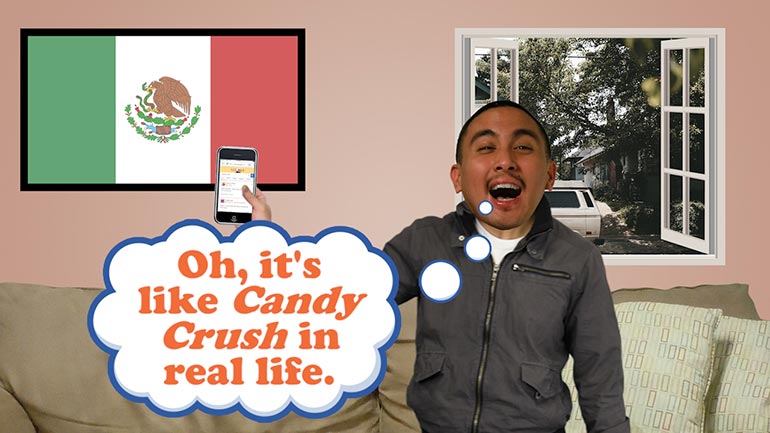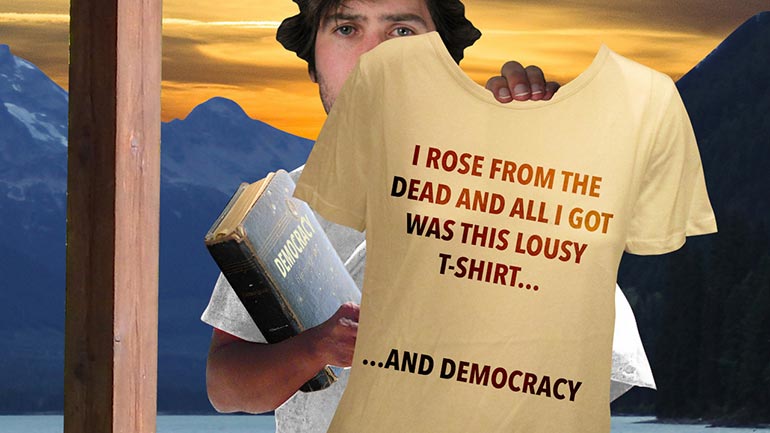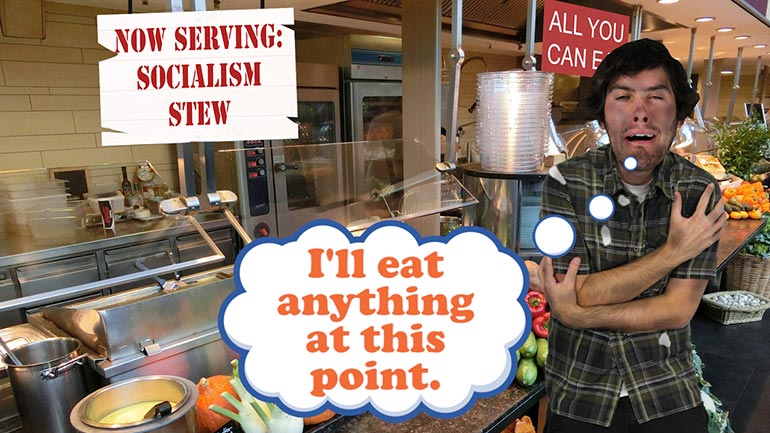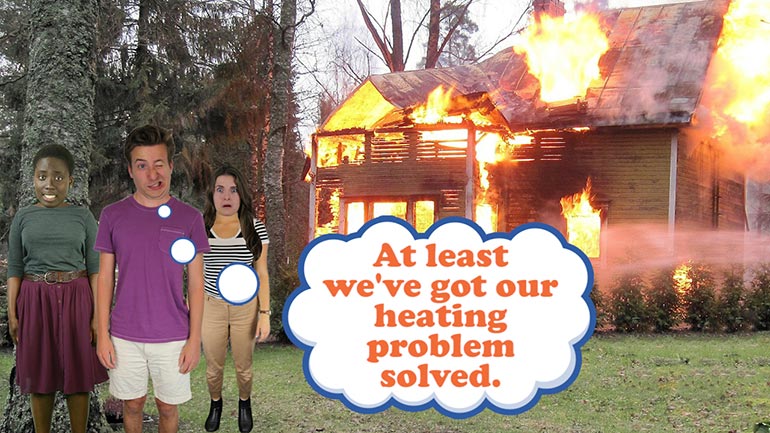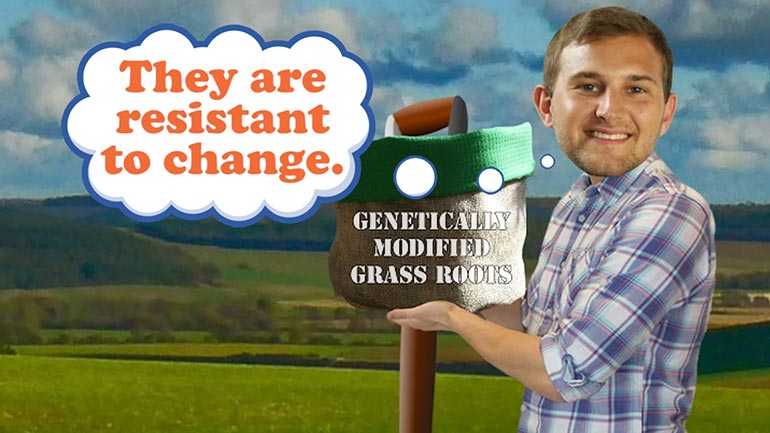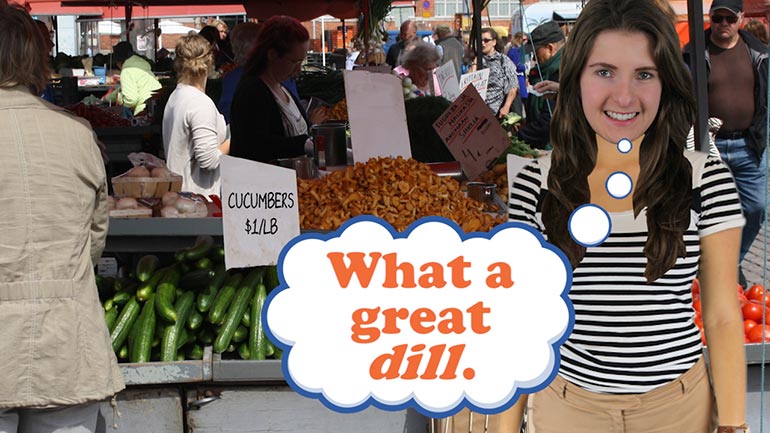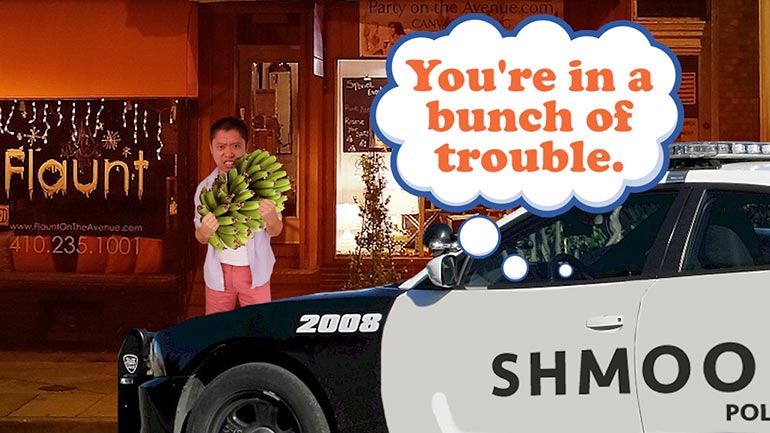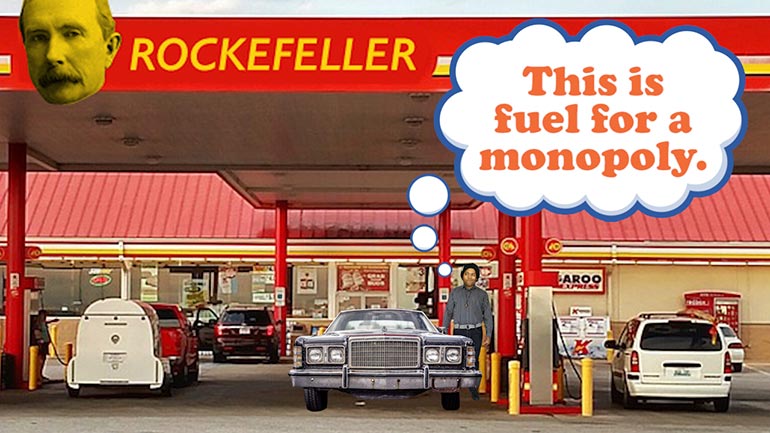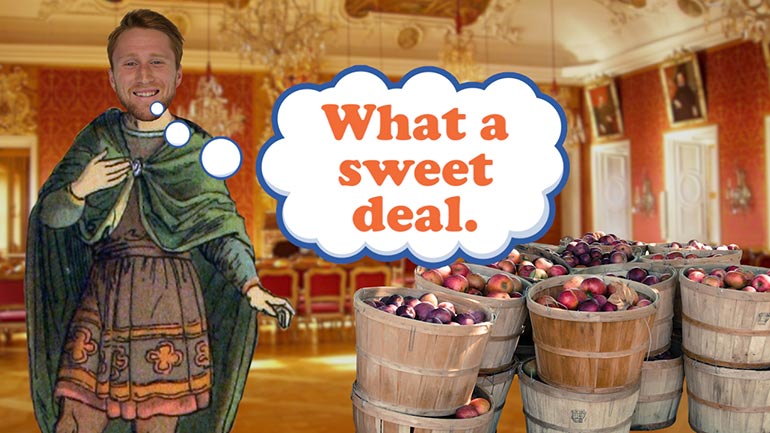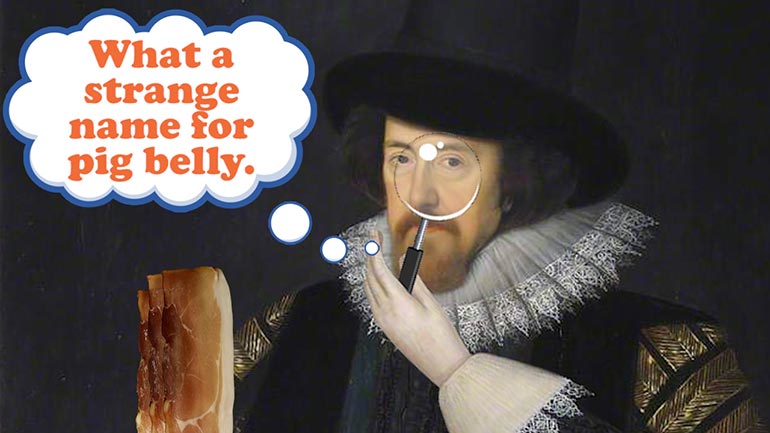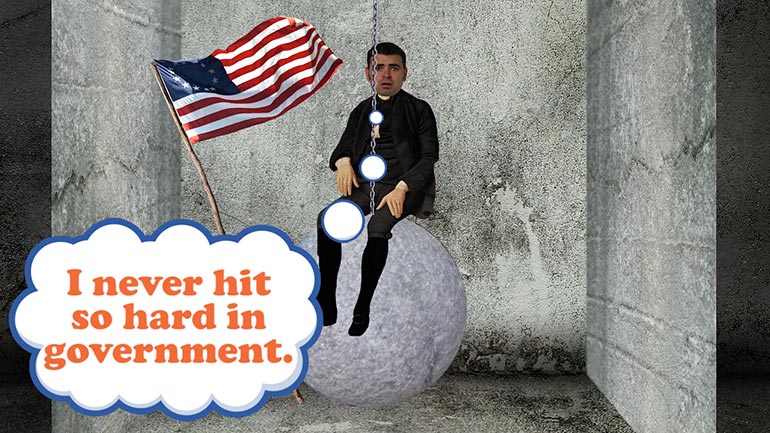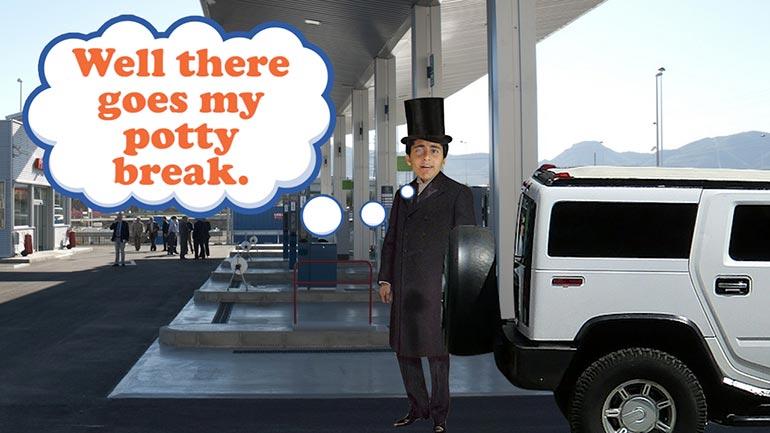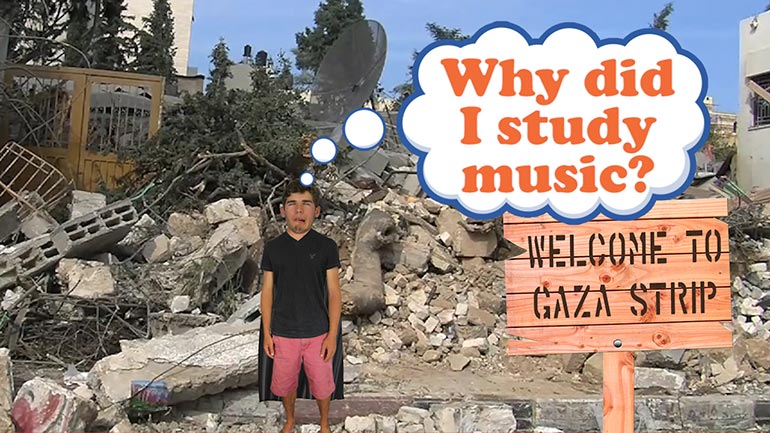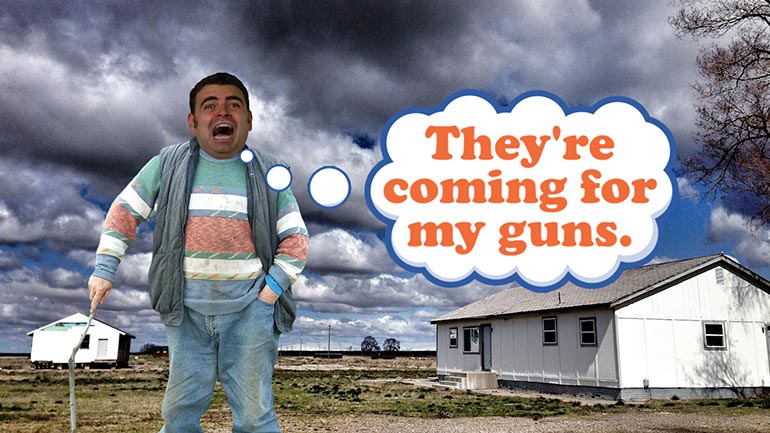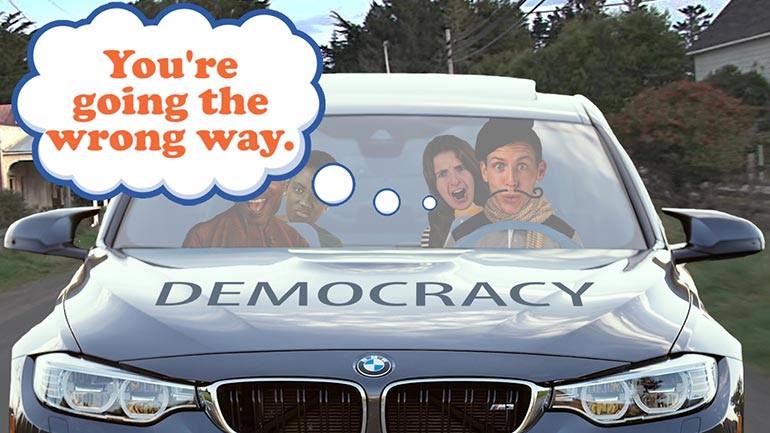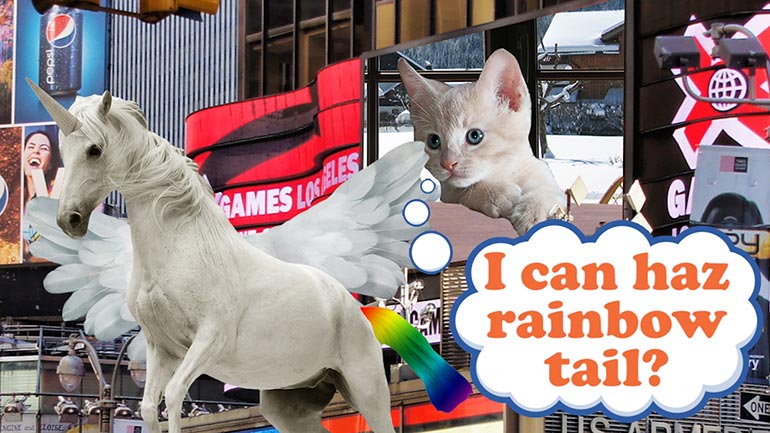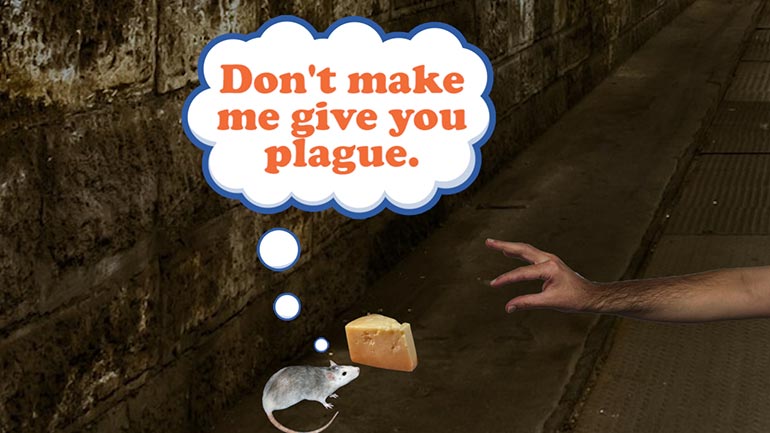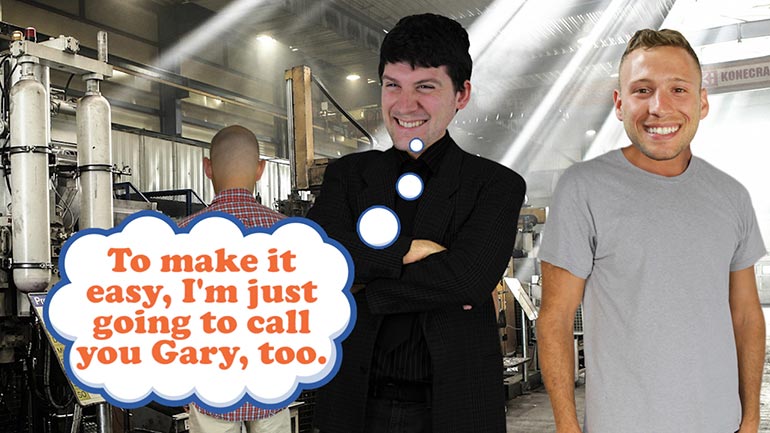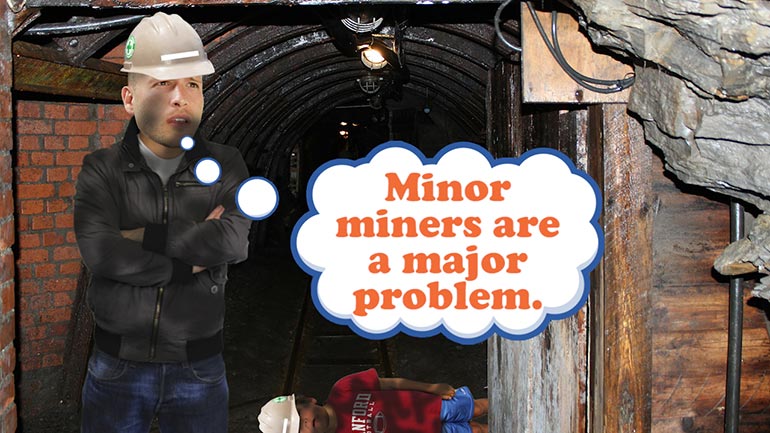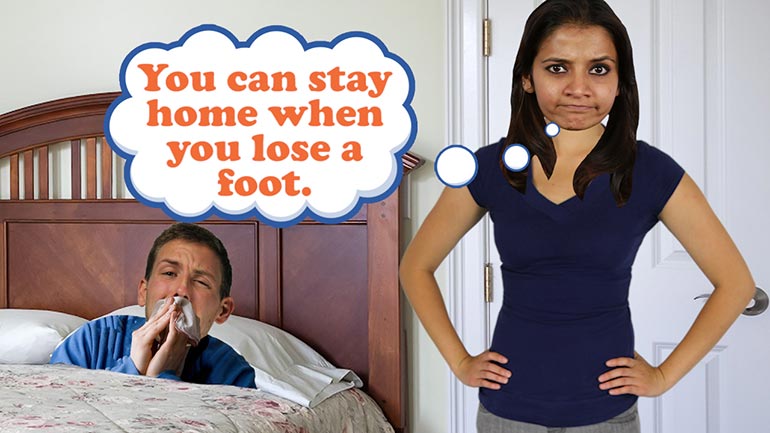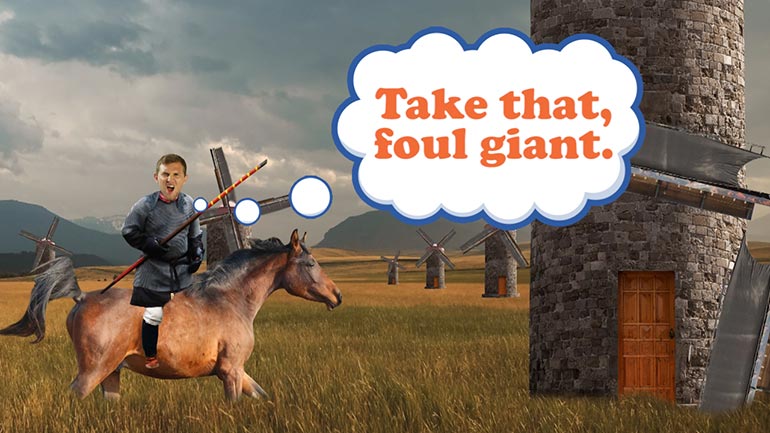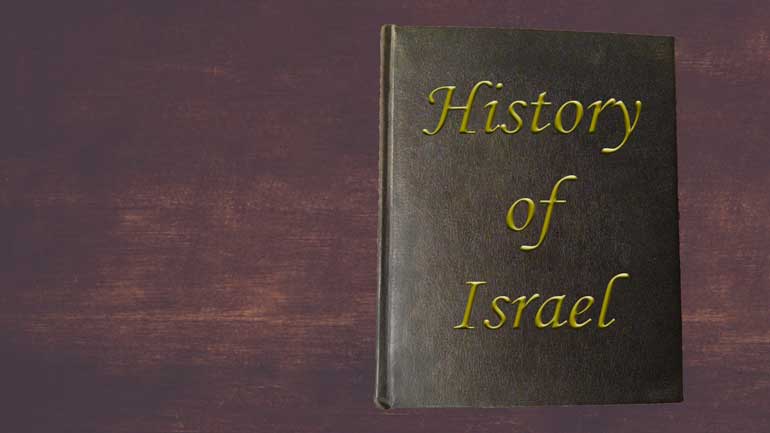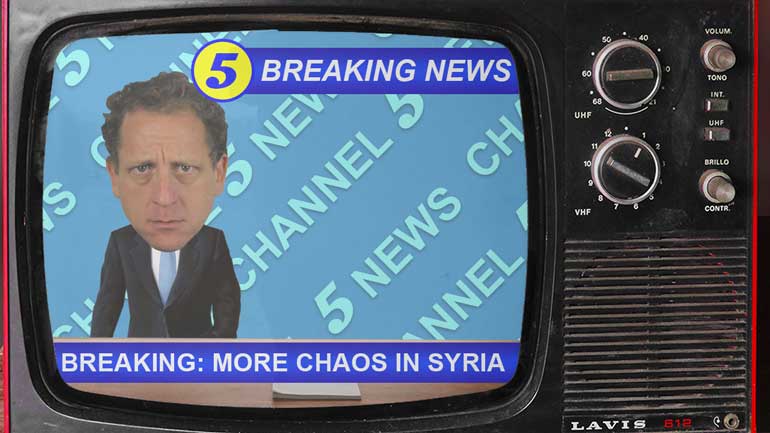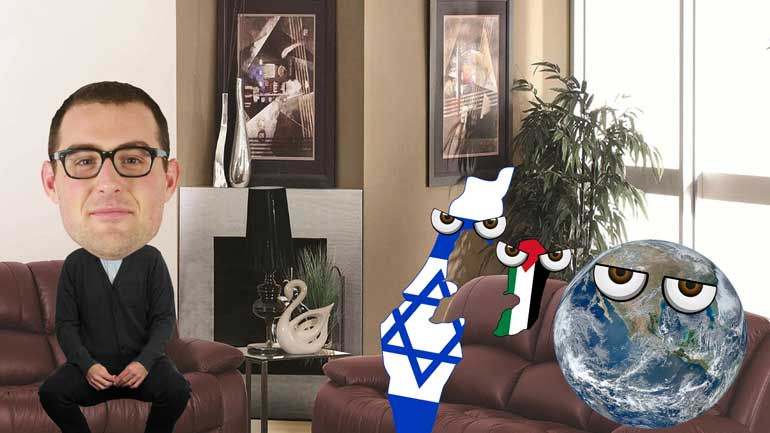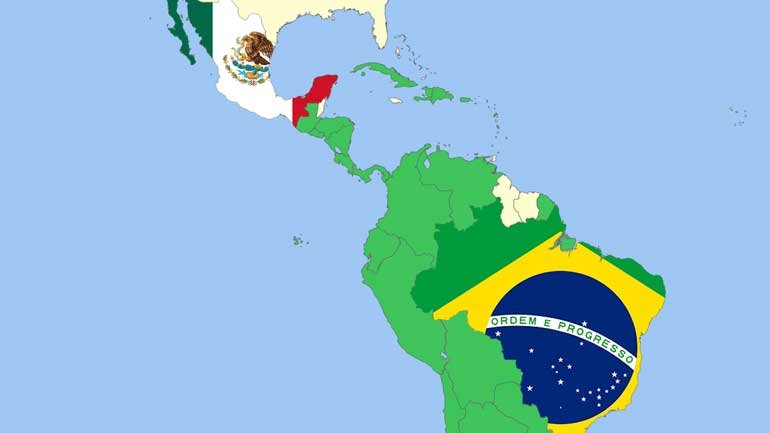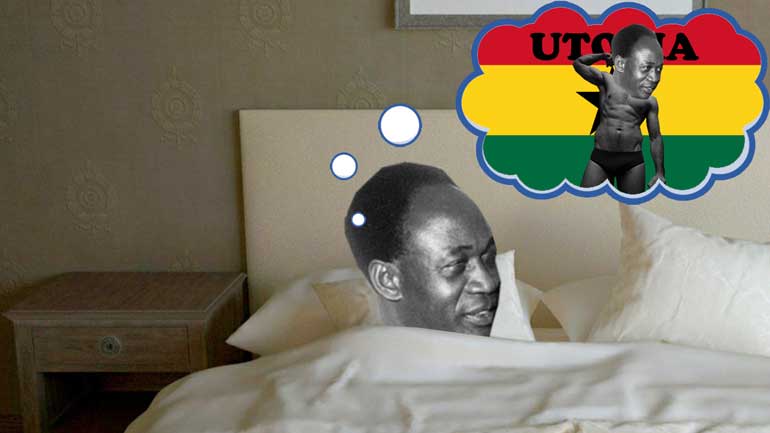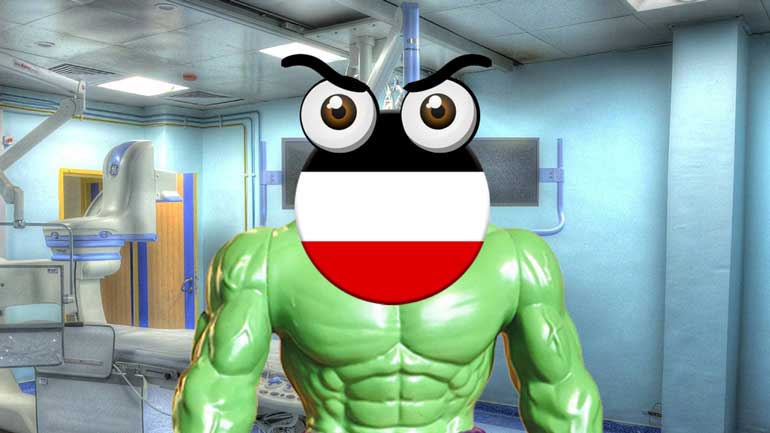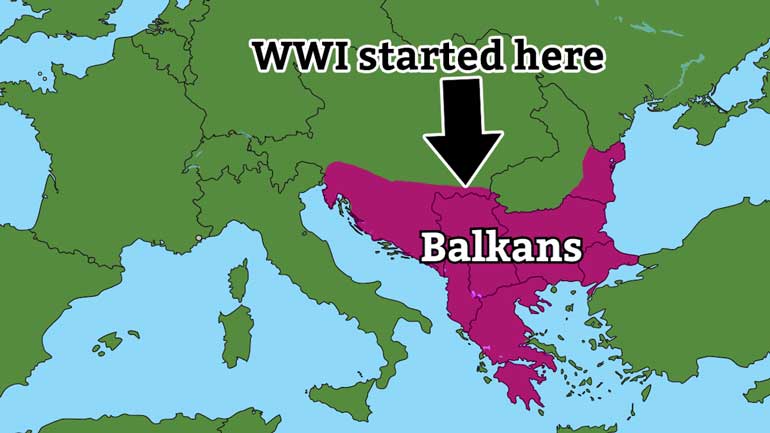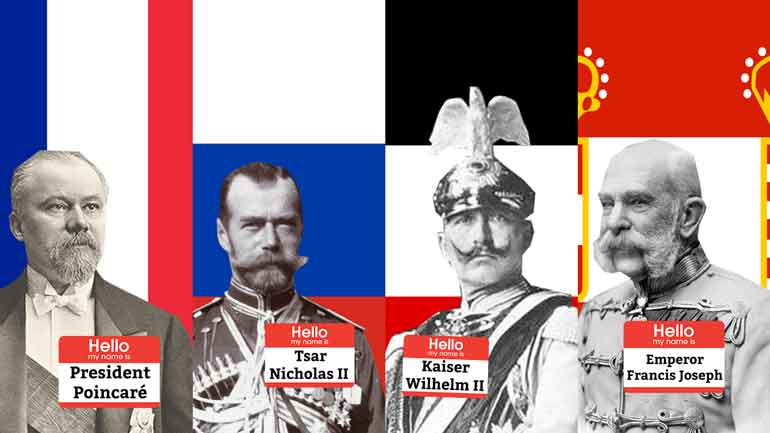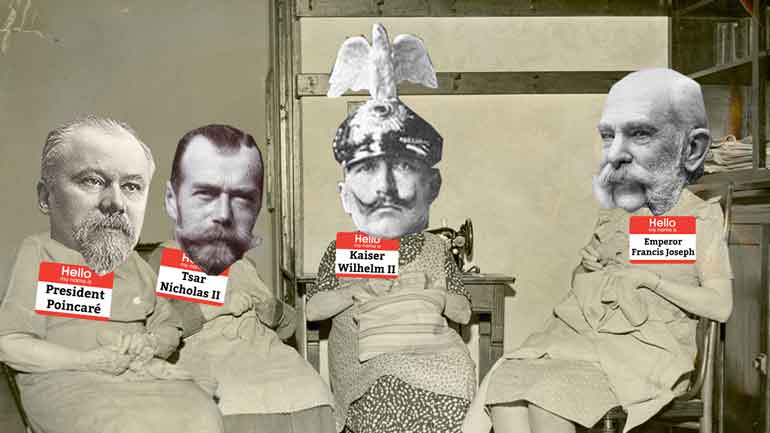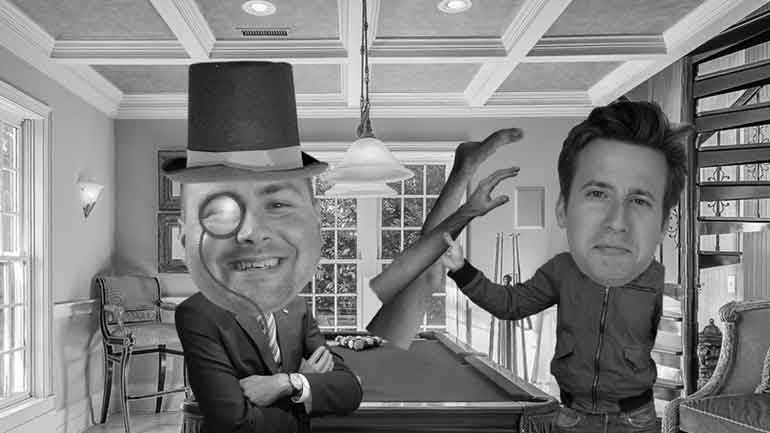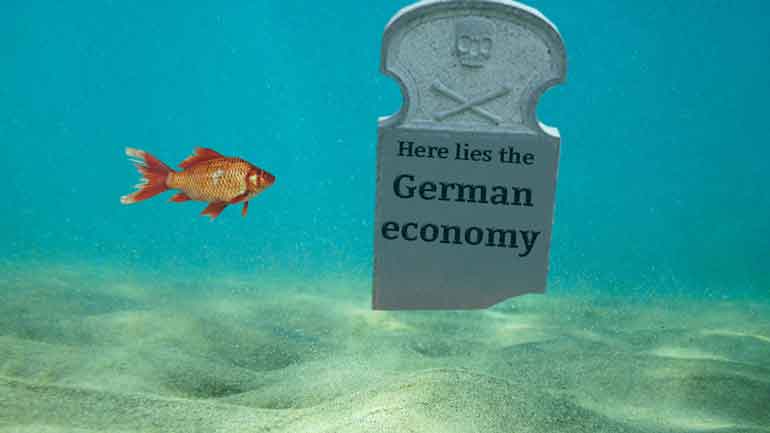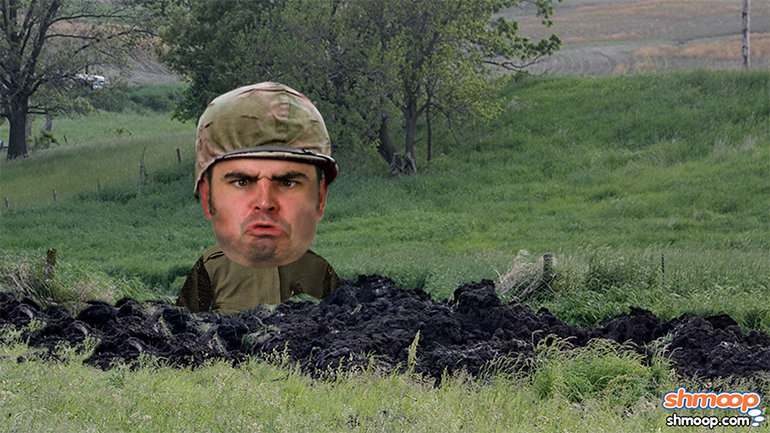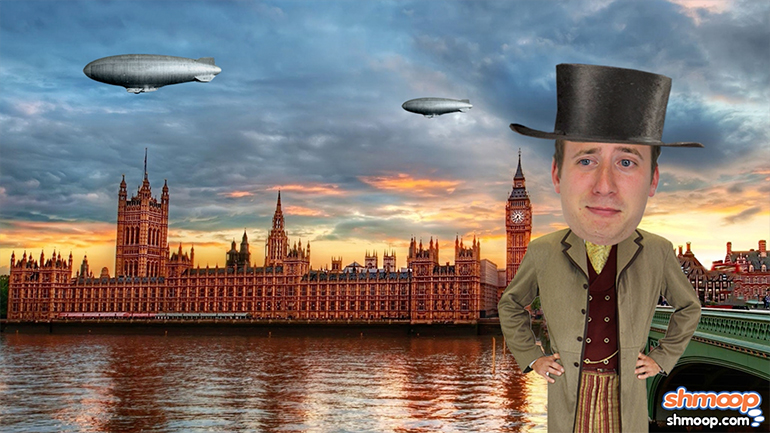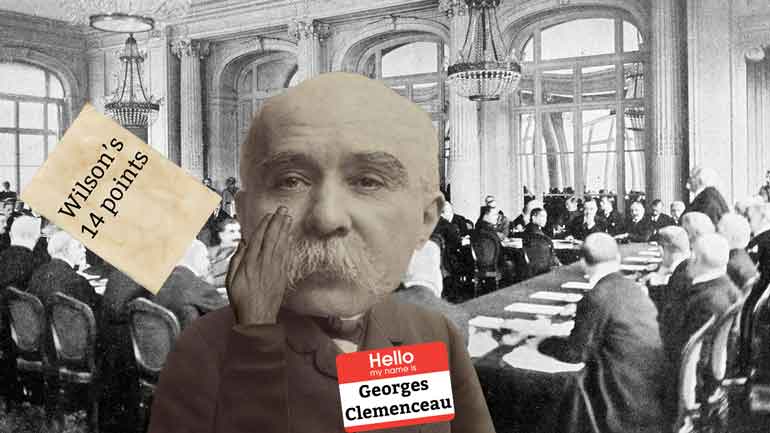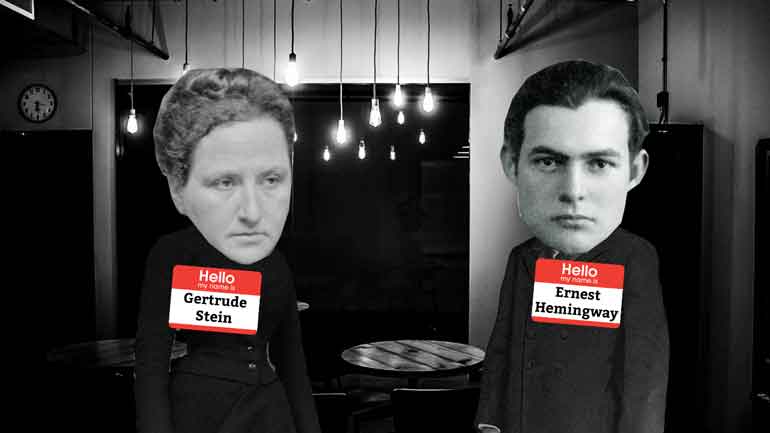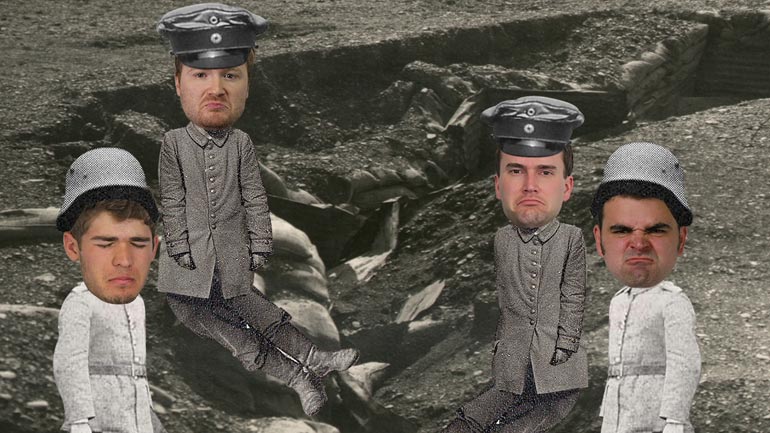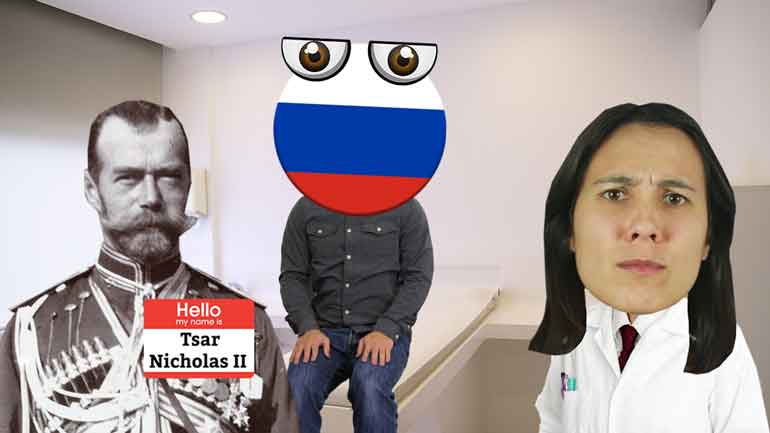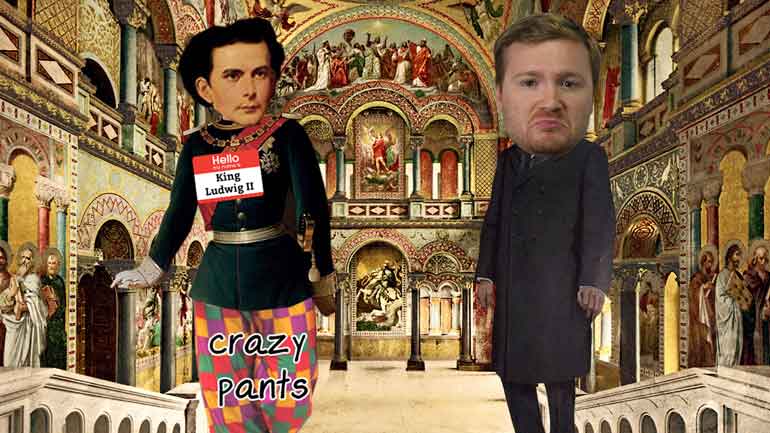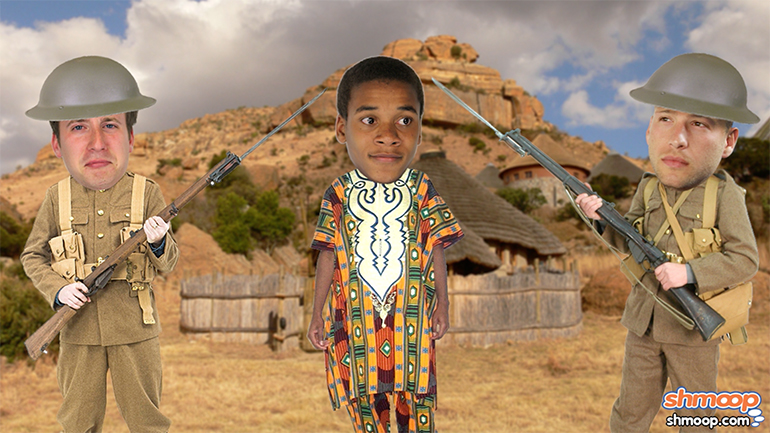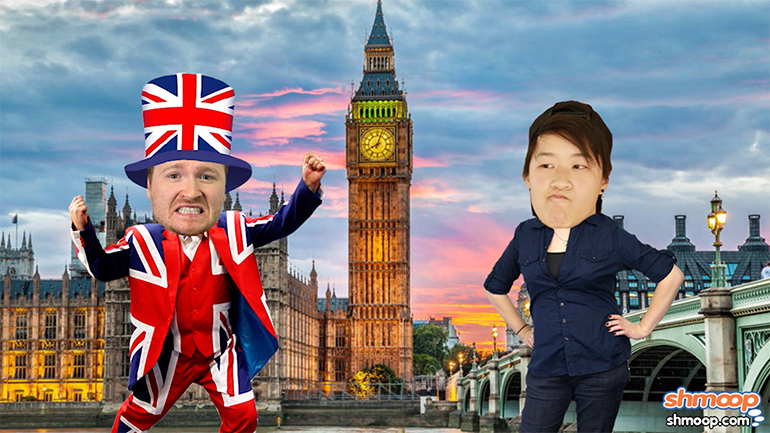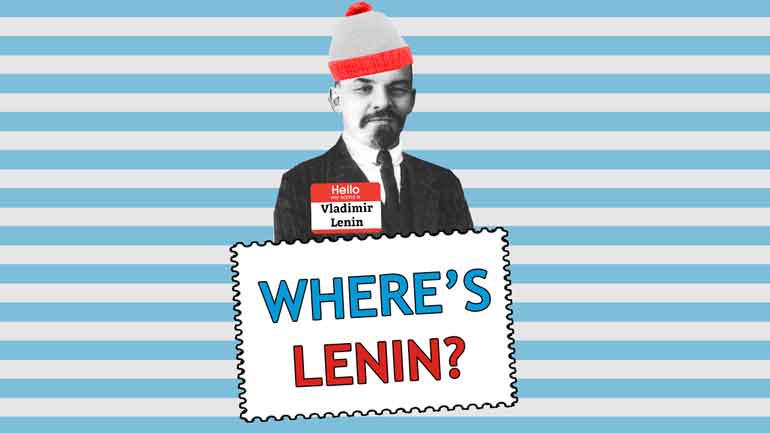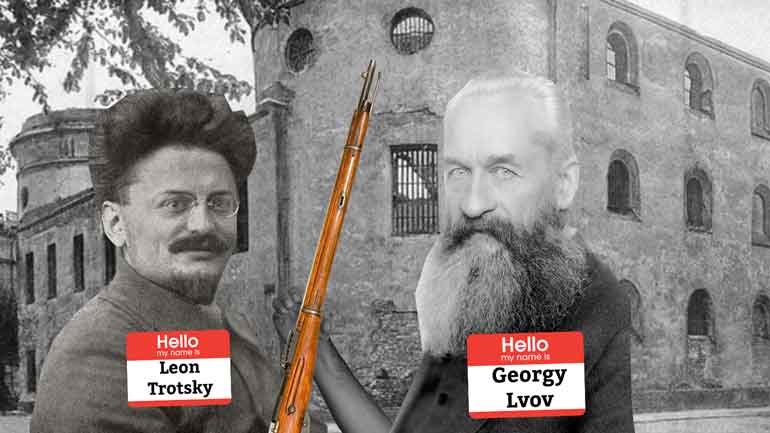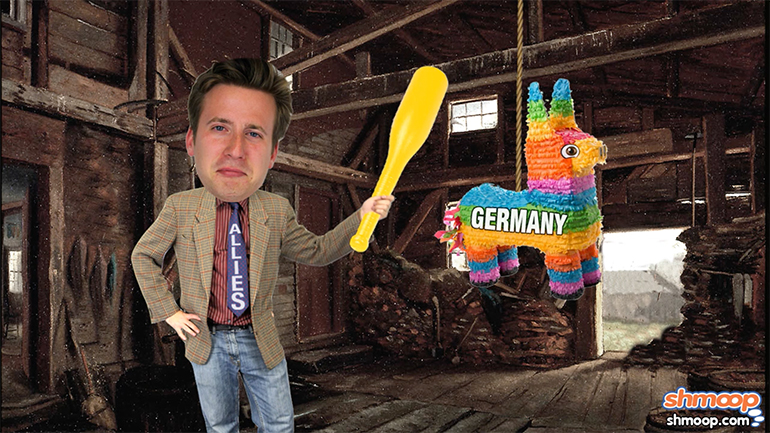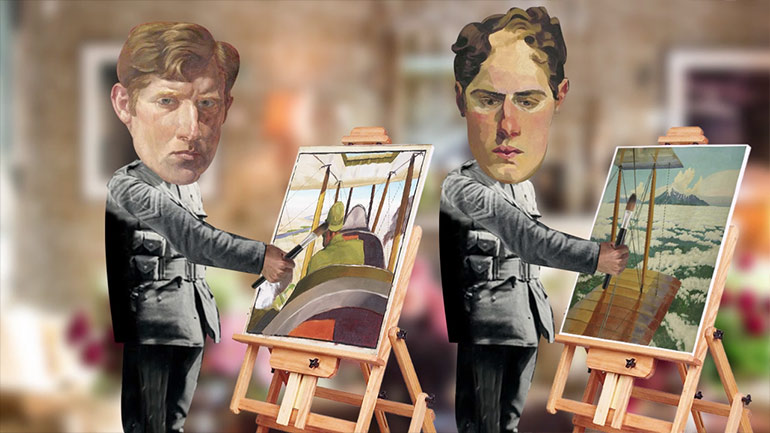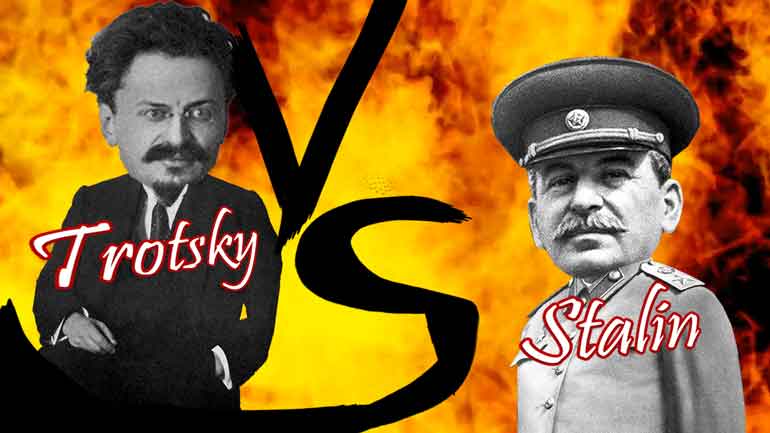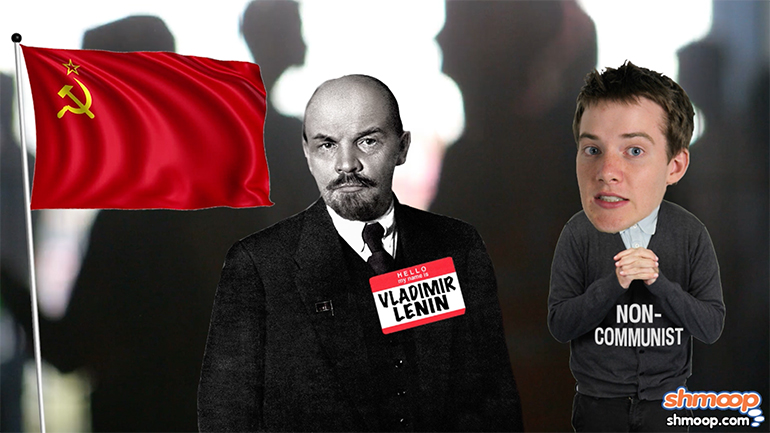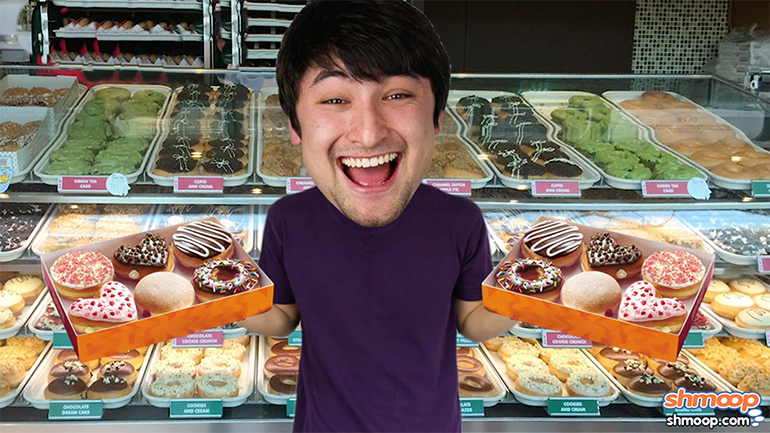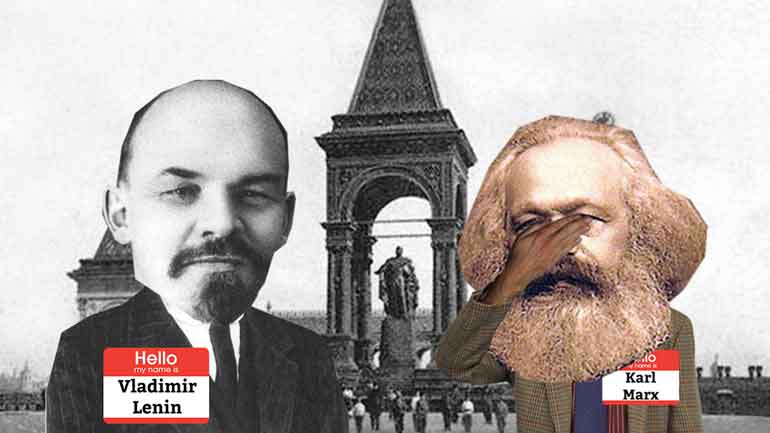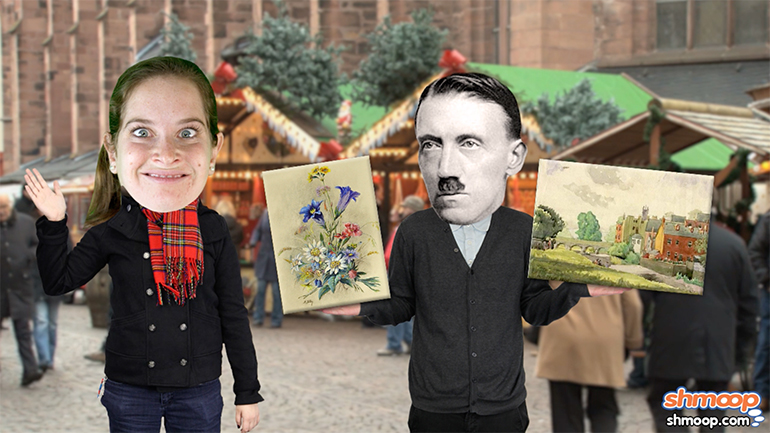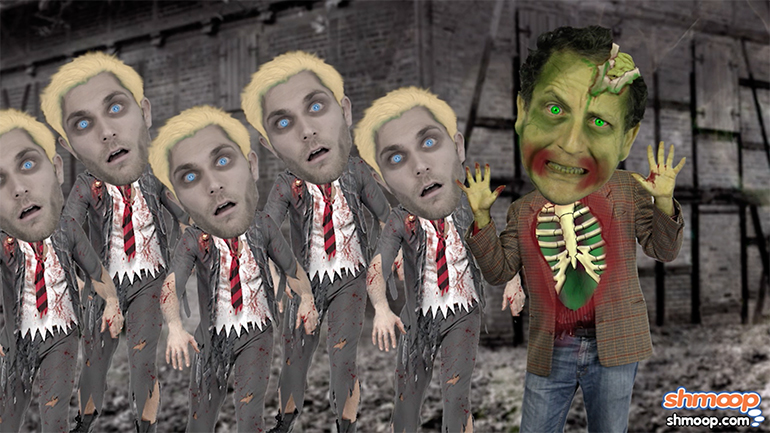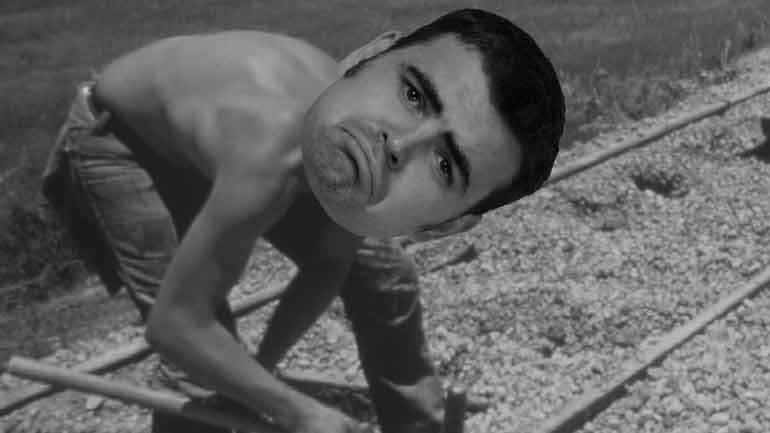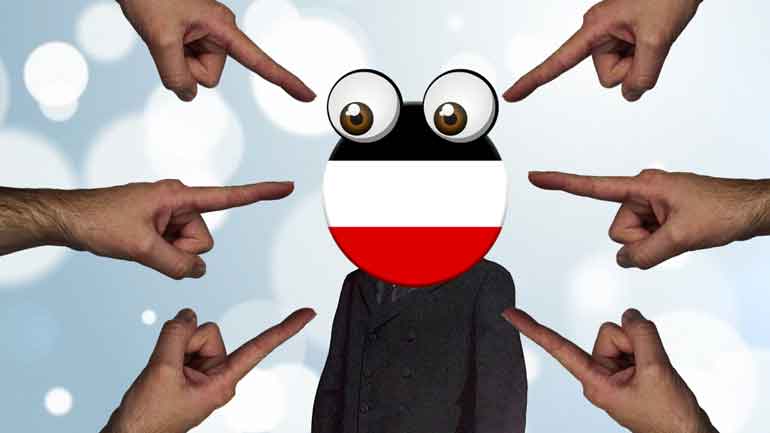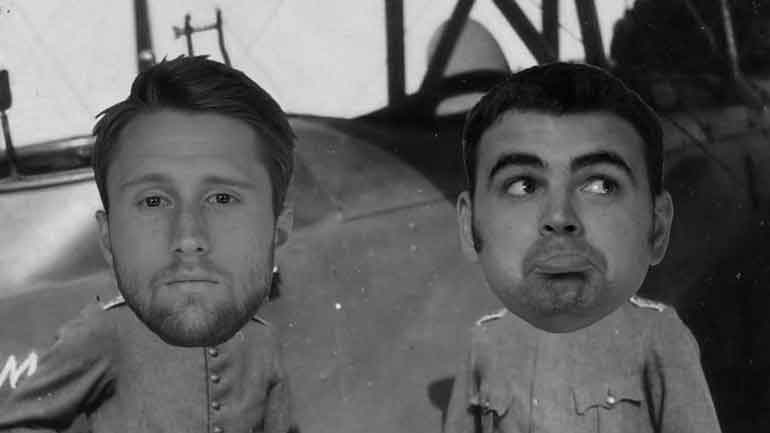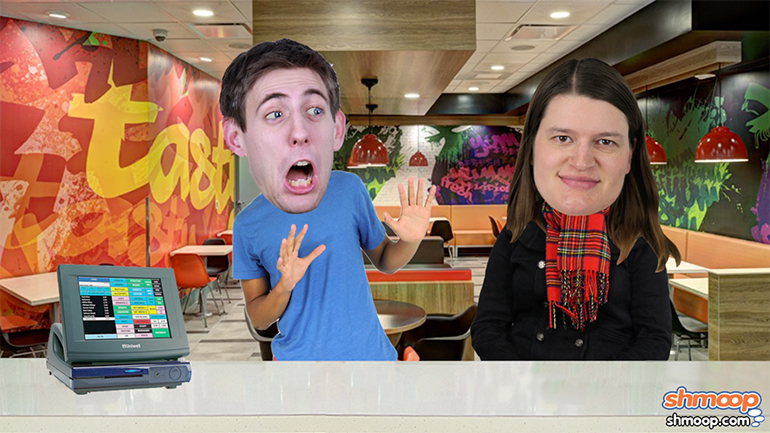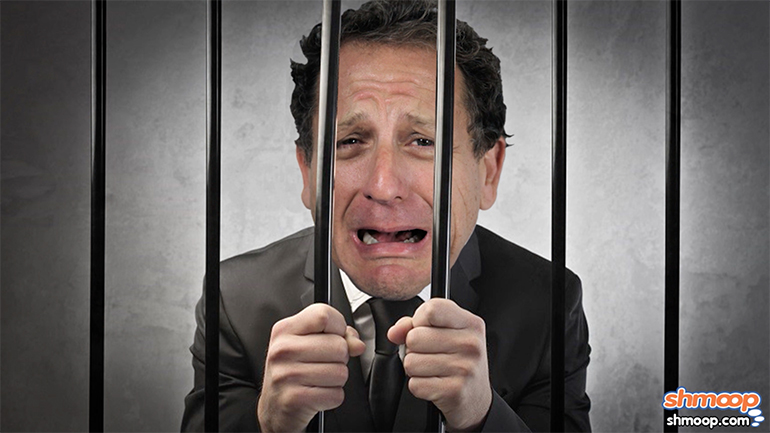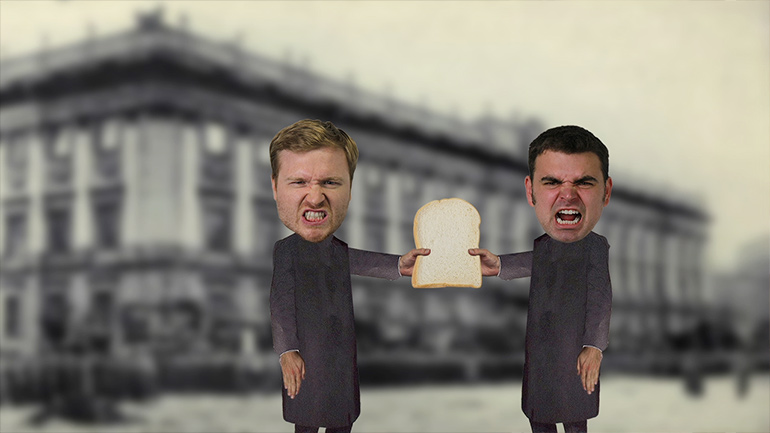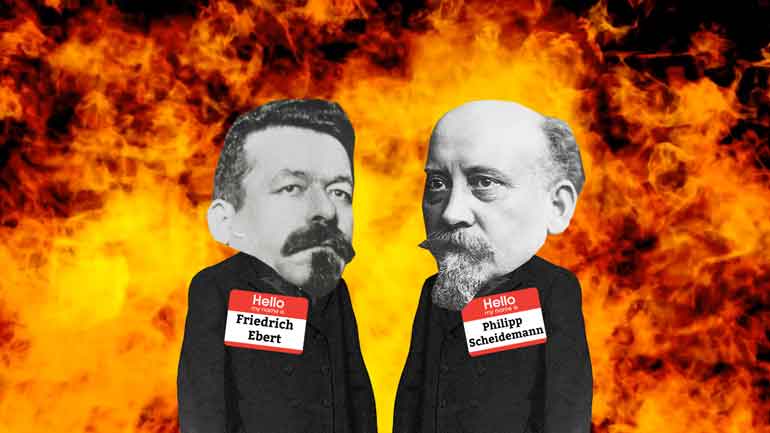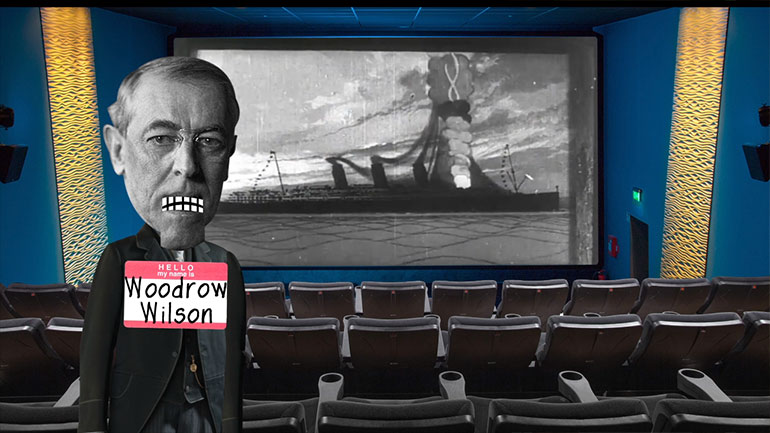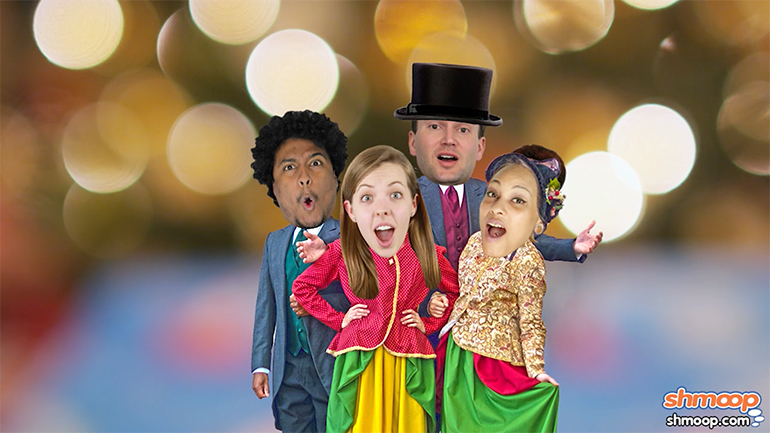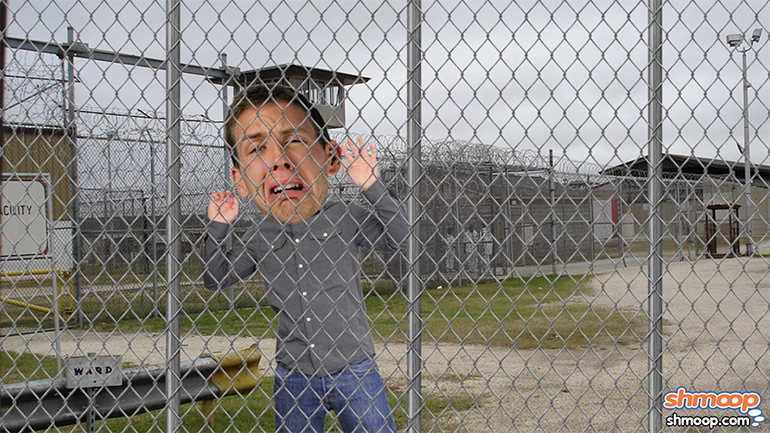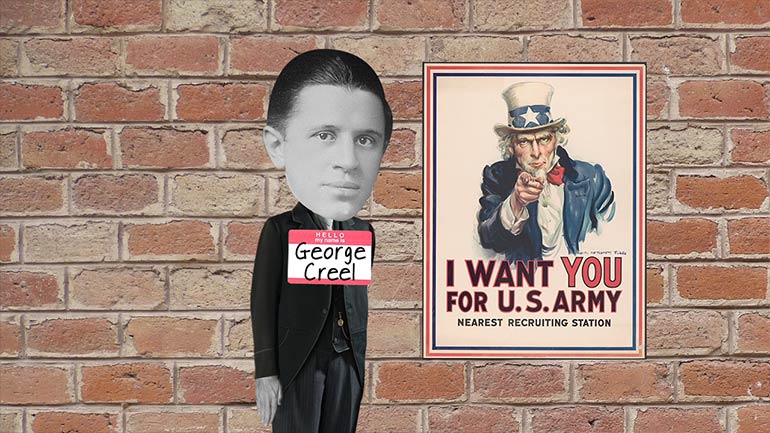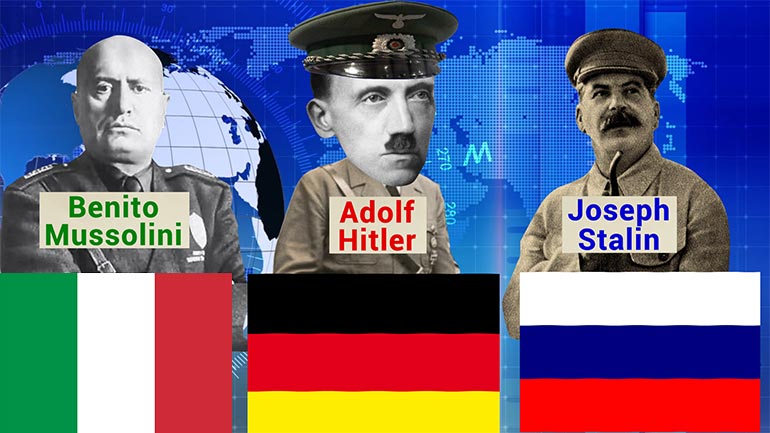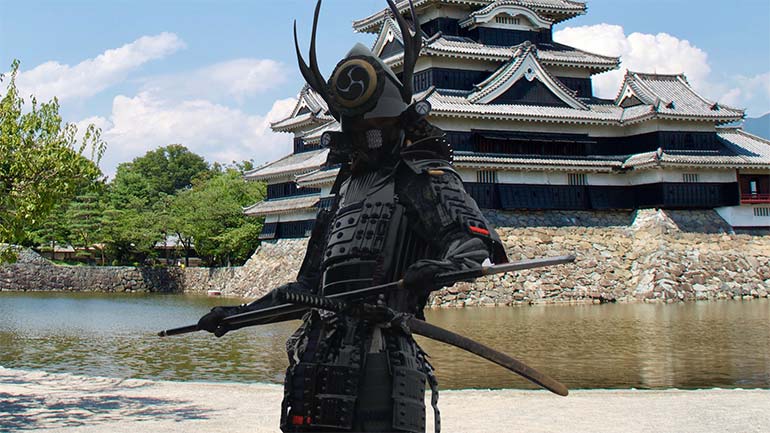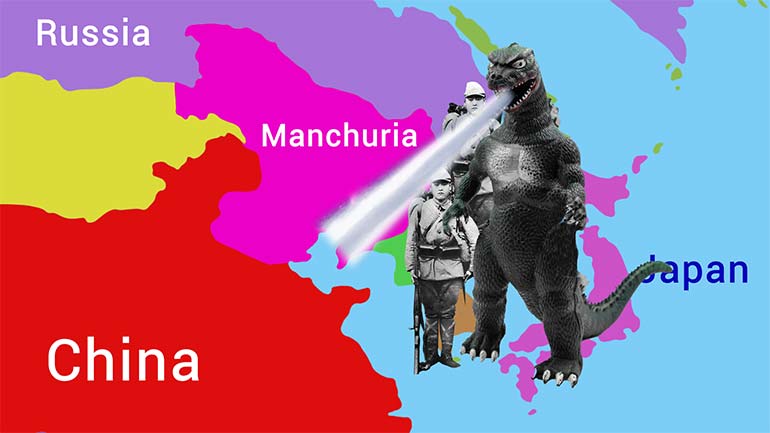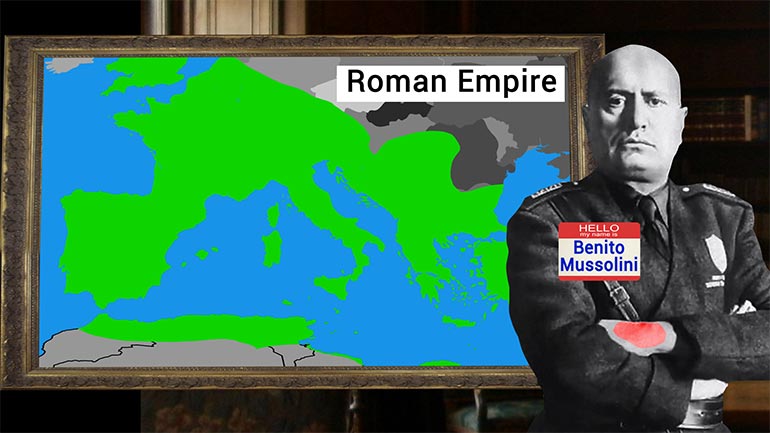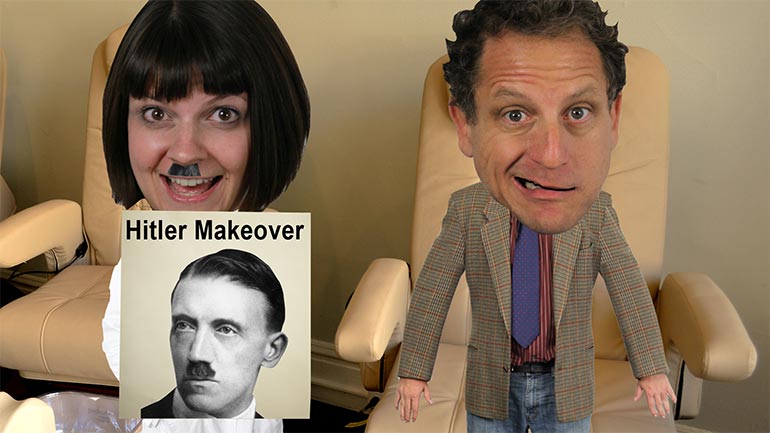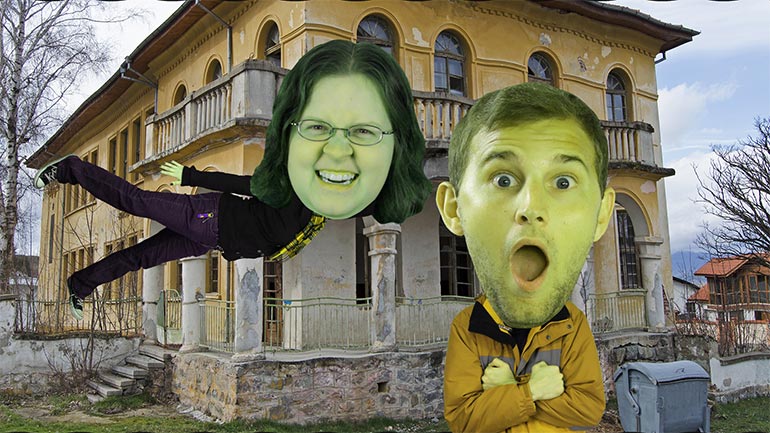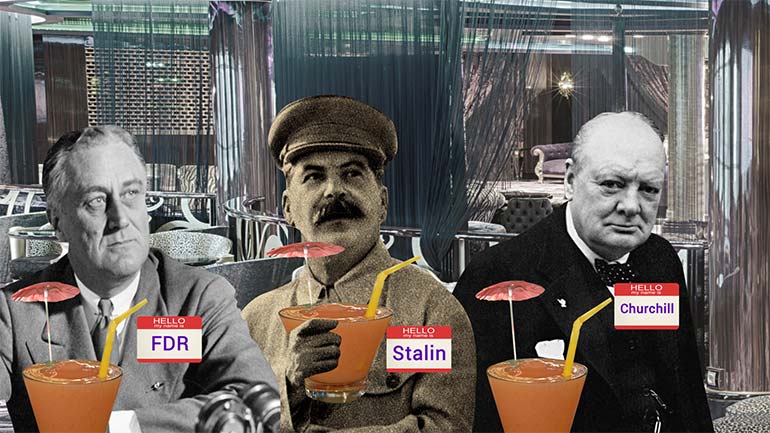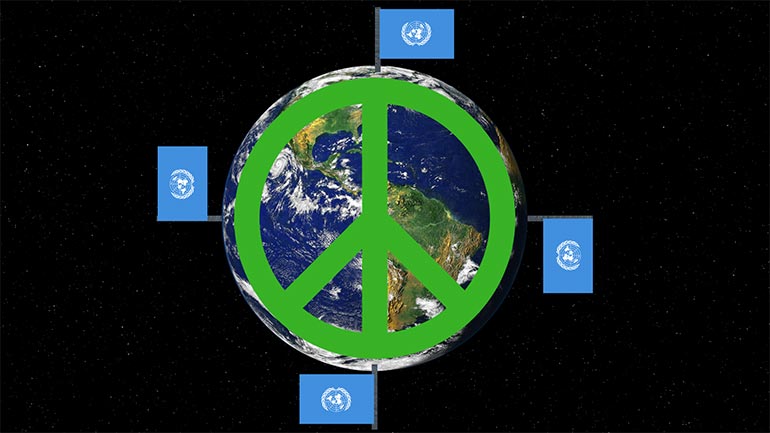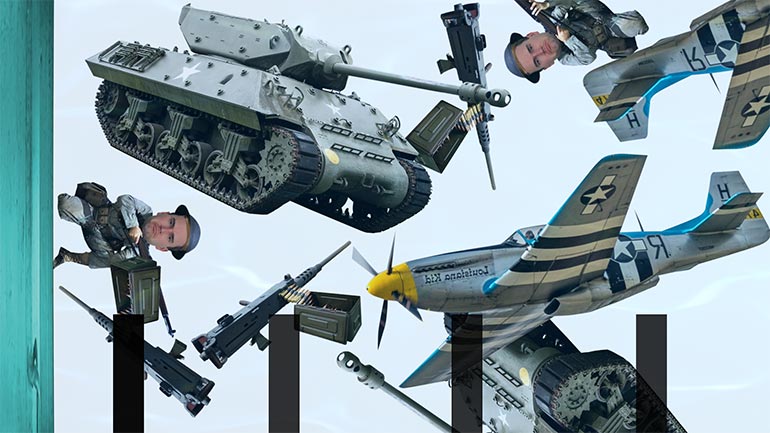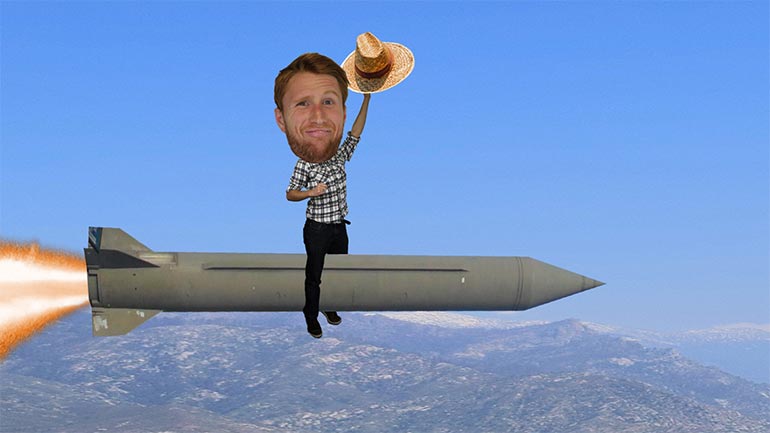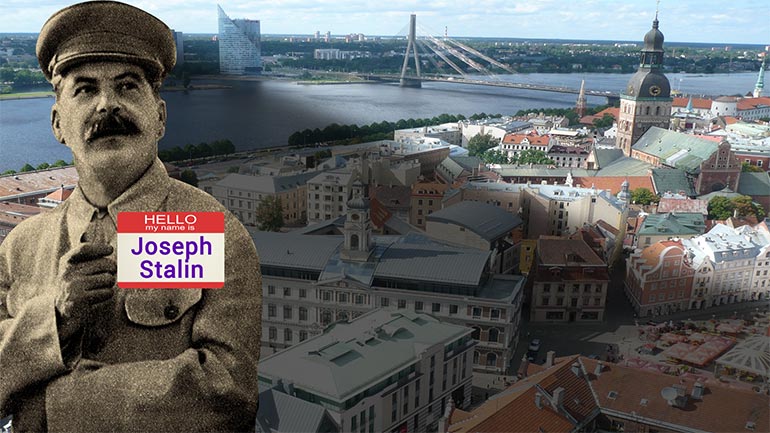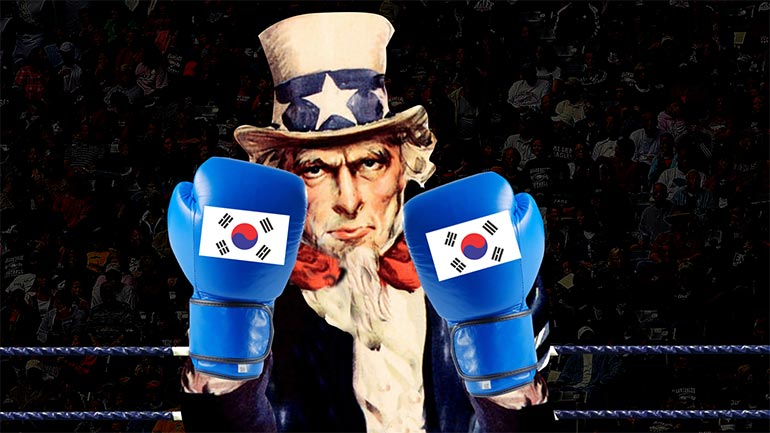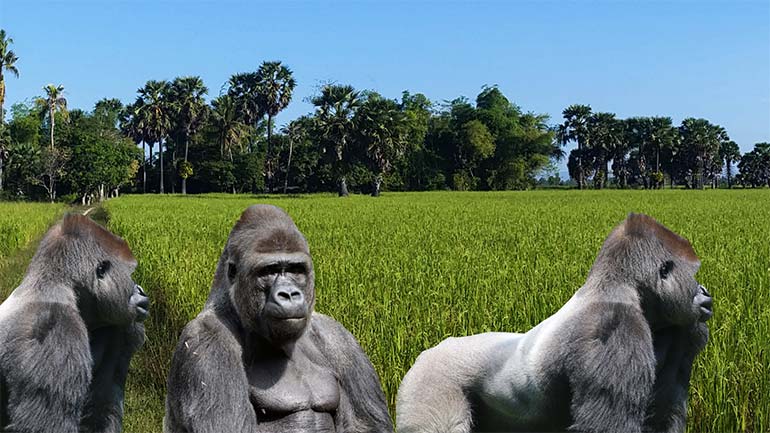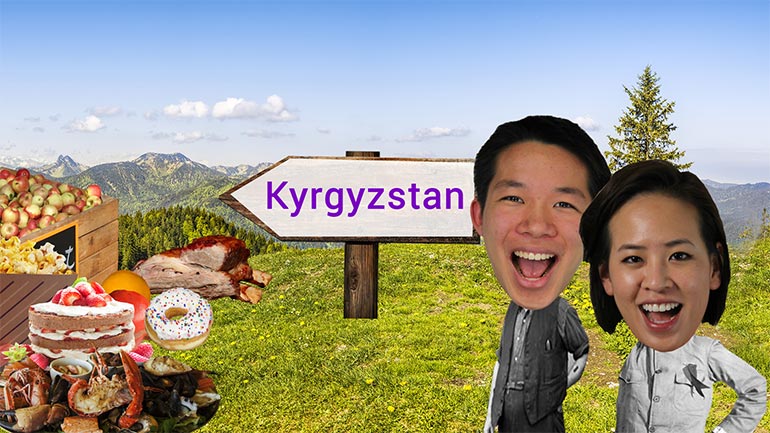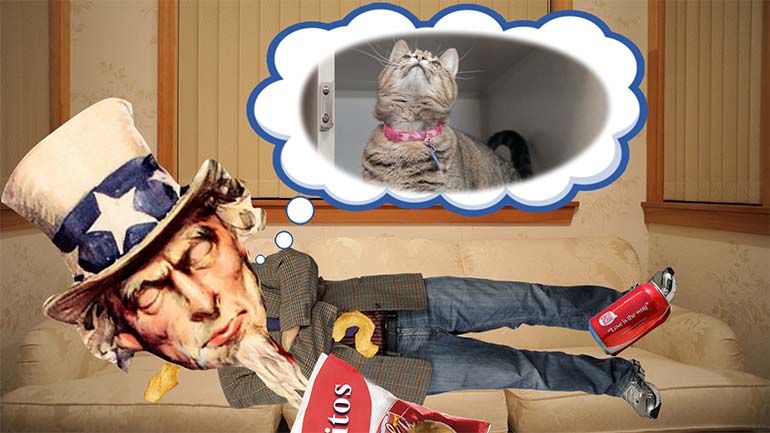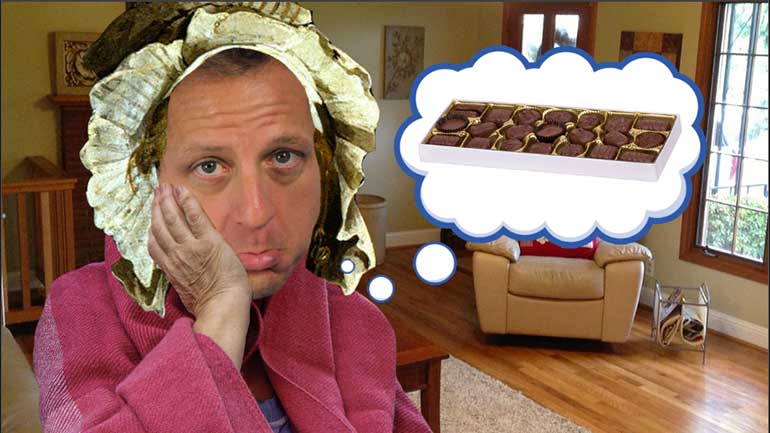ShmoopTube
Where Monty Python meets your 10th grade teacher.
Search Thousands of Shmoop Videos
Modern World History Videos 86 videos
Today we're tackling unions, a.k.a. the people who brought you weekends, a.k.a. the greatest people who have ever existed. We'd send them a thank y...
Modern World History 3.7 Women and Children in the Workplace 45 Views
Share It!
Description:
In the early 1900s, women and children were being worked to the bone, yet neither group had adequate political representation. Check out this video to find out who was like, "uh, yeah, that's not okay," and to also feel lucky that you live in the modern era.
Transcript
- 00:04
The workers of the Industrial Revolution had it rough.
- 00:07
A lot of the work they did was dangerous, they got paid peanuts for it, and the only buildings they could afford to live in catered to rats and roaches as well as people.
- 00:16
But not every worker's sad life was equally sad.
- 00:18
While adult laborers suffered their fair share,
- 00:21
the children who worked in the factories and mines of the Industrial Revolution had it worse. A lot worse.
Full Transcript
- 00:27
How the heck did kids end up working in the first place? Whatever happened to school and skateboarding and band practice?
- 00:33
The fact is, when families moved from the countryside to the city, the only way they could make enough money to survive was for every family member to work.
- 00:41
This meant kids had to get jobs, too.
- 00:43
And unfortunately, "paperboy" wasn't usually an option.
- 00:47
We don't know exactly how many children ended up working during the Industrial Revolution.
- 00:51
What we do know is that kids as young as six had jobs on the factory floor.
- 00:56
We know that children were paid less than adults, if they got paid at all,
- 00:59
and we know that adults in the factory frequently abused them.
- 01:02
We also know that kids worked some of the most dangerous jobs of the age
- 01:06
because they were small and
- 01:07
less likely to complain about brutal working conditions.
- 01:10
Makes doing household chores there look like a dream job, eh?
- 01:14
Not every adult in England and the United States was oblivious to the fact that having little kids working is a bad thing.
- 01:20
By 1833, England had passed the Factory Act, which limited the hours that children could work, required children to attend school at least two hours a day,
- 01:29
and gave government officials the power
- 01:31
to ensure the new laws were complied with.
- 01:33
The U.S. followed England's suit, limiting a child's workday to ten hours and
- 01:37
guaranteeing child workers three months of schooling during the year.
- 01:41
So, yeah, things got better, but child labor activists didn't think these minor improvements were anywhere near enough.
- 01:47
Enter Florence Kelley, an American who pretty much
- 01:50
leaped from the cradle a full-fledged reformer.
- 01:54
She worked tirelessly to change child labor laws in the United States,
- 01:57
fought against sweatshops,
- 01:58
and argued for the eight-hour workday and a minimum wage.
- 02:02
But reforming child labor laws wasn't all Florence Kelley cared about.
- 02:06
In 1905, she gave a speech that connected the millions of young children who worked ten to twelve hours every night
- 02:12
to women's inability to vote in the United States.
- 02:15
Kelley believed that these two groups of people—women and children—were being worked to the bone, yet neither group had adequate political representation.
- 02:23
Kelley argued that if women were given the right to vote,
- 02:26
then not only would women at least be able to speak for themselves,
- 02:29
but they'd also be able to speak for their children.
- 02:32
The 19th Amendment, which gave women in the United States
- 02:34
the right to vote, was ratified in 1920.
- 02:37
Thanks to the hard work of Florence Kelley and others like her, being female was no longer an obstacle to voting.
- 02:43
However, even though the Industrial Revolution has come and gone, child labor still exists in the United States.
- 02:49
Yep, looks like there are still adults out there who think it's okay to disenfranchise young people.
- 02:54
Looks like it's time for another Florence Kelley to leap out of the cradle there somewhere.
Related Videos
GED Social Studies 1.1 Civics and Government
When you're about to marry the love of your life, not many things could stop you. However, finding out that your future hubby is keeping his crazy...
Here at Shmoop, we work for kids, not just the bottom line. Founded by David Siminoff and his wife Ellen Siminoff, Shmoop was originally conceived...
ACT Math: Elementary Algebra Drill 4, Problem 5. What is the solution to the problem shown?
